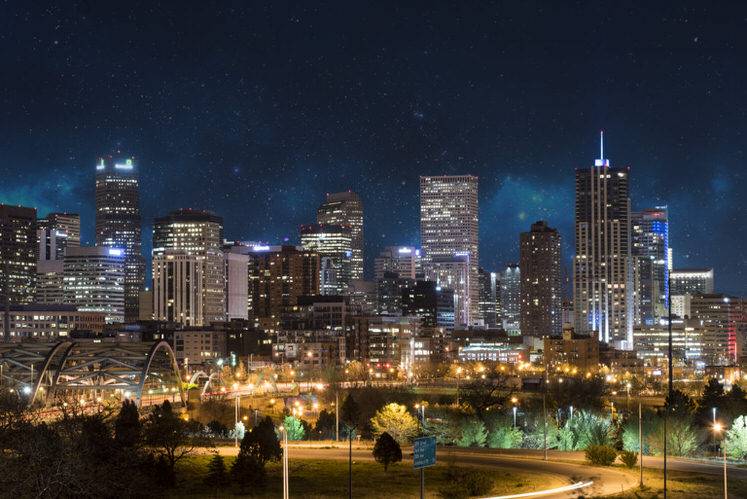Like its six other co-finalists, the City of Denver now awaits the final verdict in the Smart City Challenge, a U.S. Department of Transport initiative to create the first “smart city” that combines autonomous vehicles, connected devices, and smart sensors.
The winner will receive $40 million in federal funding to build the smart city, along with an additional $10 million from Vulcan Inc., Microsoft co-founder Paul Allen’s investment firm.
See also: US DOT Smart City Challenge drives towards finish line
Denver’s pitch is focused on building an integrated transport system that provides a real-time overview of traffic and congestion in the city. The system will take information from a variety of sources, detailing how commuters arrive in the city, how fast the transport is, and analytics of how it can be improved.
It will also integrate the front-end for commuters, allowing them to purchase different types of public and private transport on a single app, similar to MyDenverCard. Trains, Uber, Lyft, car2go, and B-cycle could all be available on one mobile app, if the companies agree to it.
The B-cycle stations will be added primarily to low-income neighborhoods, which Mayor Michael Hancock and director of transportation Crissy Fanganello say are “underserved neighborhoods”. 50 kiosks that provide transport information will also be set up in these neighborhoods.
Denver concepts includes charging stations, ride shares
Denver plans to add 120 charging stations for electric cars and push ride-sharing apps to add more electric cars to their fleet. The city will purchase 103 electric vehicles for its own fleet and nine electric powered buses, with the goal of doubling electric vehicle adoption by residents by 2019.
The proposal also mentions the first “freight efficiency corridor” in the country, which redirects big rigs outside of the city using intelligent guidance tools. Denver also plans to test self-driving cars and connect them to a grid with other autonomous vehicles, hopefully lowering the amount of potential semi-autonomous accidents.
Denver claims that over $34 million in private investment will come alongside the $50 million if they win the challenge. Hancock already seems elated with the progress between organizations however, declaring in the Denver Post: “Let me just say this: We have been transformed through this process. Win or lose, Denver is better off because of the process.”
Denver is one of seven finalists, the others include Austin, TX, Columbus, OH, Kansas City, MO, Pittsburgh, PA, Portland, OR, and San Francisco, CA. Final proposals will be displayed in Washington D.C. on June 7 in front of federal judges.


















